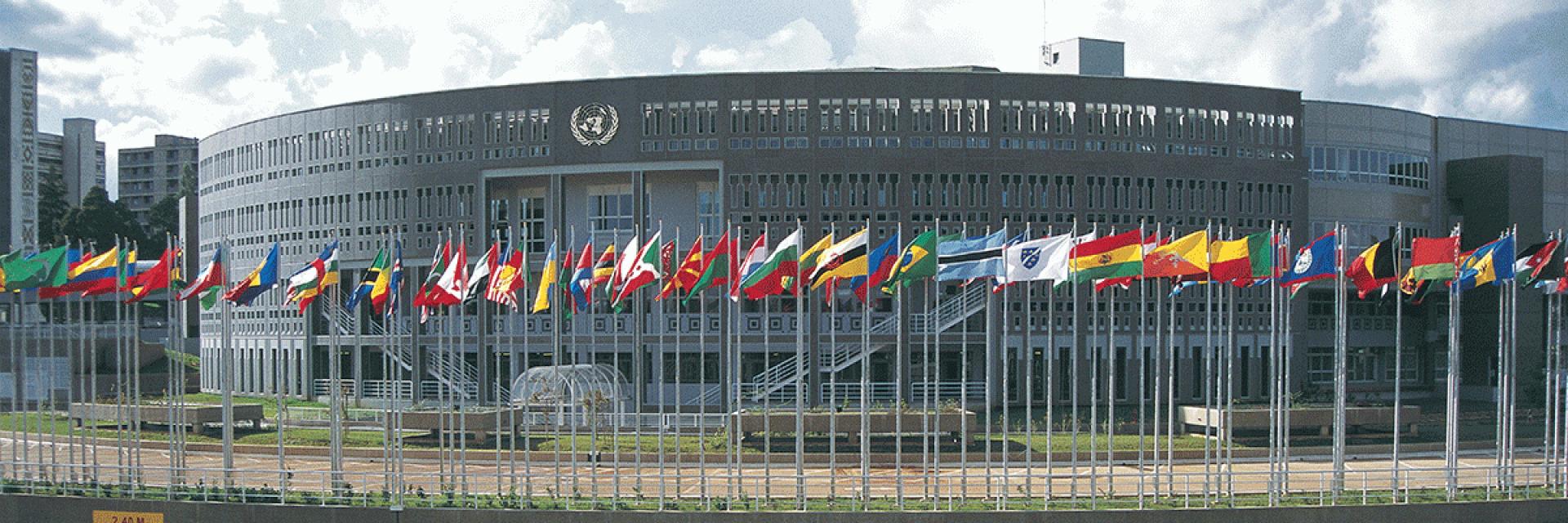Introduction
Women have significant knowledge and understanding of the changing environmental conditions, which could play a critical role in identifying viable and practical community adaptation. However, the limited engagement of women in climate information and services (CIS) and related climate change dialogues poses serious challenges in sufficiently adapting to and mitigating against climate change impacts. To respond to the climate change and CIS challenges, under the auspices of DFID, the ACPC in collaboration with the UK Met Office, are implementing the WISER programme whose aim is to contribute to addressing the CIS gap and ensure accelerated uptake of CIS for development planning and practice. In implementing the WISER programme, the ACPC has noted the limited engagement of women in the production and uptake of CIS, despite the continuing efforts made to involve them. This could be due to weak policy and legislative environment, which do not sufficiently provide the incentives for women to engage in the uptake and use of CIS. Sectoral policies (environment, agriculture, climate, gender) have not sufficiently addressed differential impact of climate change and how it affects men and women.
Objectives
The main objective of the webinar is to strengthen the engagement of women in CIS at regional level and to build their capacity and awareness of climate information tools and resources, which they can utilize to support the CIS value chain for the benefit of their countries and communities. Specifically, the event will seek to fulfil the following tasks:
- Identify national level opportunities, modalities for enhancing the role of women in the production, packaging, dissemination, uptake and use of CIS both at policy and practice levels;
- Discuss and identify the potential contribution of women in mitigating environmental damage and embedding climate justice as the world emerges from the COVID-19 pandemic;
- Enumerate tools, resources and networking opportunities to support women engagement in CIS;
- Identify bottlenecks and impediments in facilitating women involvement in CIS at national and sub-national levels.

